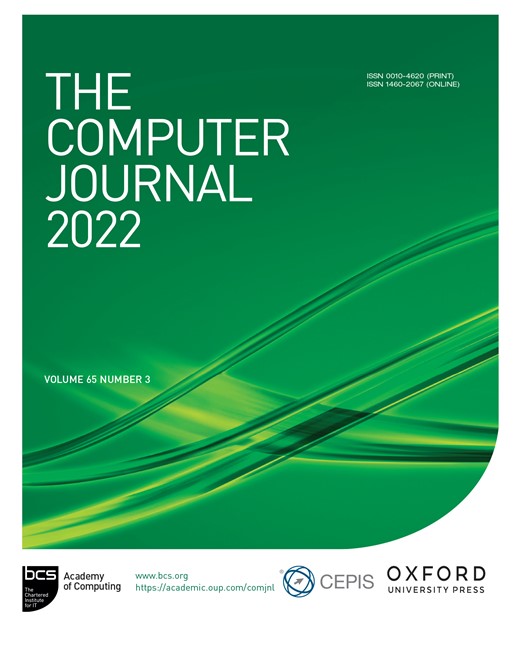-
Views
-
Cite
Cite
Runze Yang, Jian Song, Baoqi Huang, Wuyungerile Li, Guodong Qi, An Energy-Efficient Step-Counting Algorithm for Smartphones, The Computer Journal, Volume 65, Issue 3, March 2022, Pages 689–700, https://doi.org/10.1093/comjnl/bxaa096
Close - Share Icon Share
Abstract
Step counting is not only the key component of pedometers (which is a fundamental service on smartphones), but is also closely related to a range of applications, including motion monitoring, behavior recognition, indoor positioning and navigation. Due to the limited battery capacity of current smartphones, it is of great value to reduce the energy consumption of such a popular service. Therefore, this paper focuses on the energy efficiency of step-counting algorithms. First of all, we formulate a theoretical error model based on the well-known auto-correlation coefficient step-counting (ACSC) algorithm, so as to analyze the factors affecting step-counting accuracy. And then, in light of this model and an adaptive sampling strategy, we propose a novel energy-efficient step-counting algorithm by adaptively substituting the computationally intensive auto-correlation with simple mean absolute deviation. On these grounds, an Android pedometer is implemented. Two individual experiments are carried out and verify both the theoretical error model and the proposed algorithm. It is shown that our algorithm outperforms two famous counterparts, i.e. the original ACSC algorithm and peak detection step-counting algorithm, in terms of both accuracy and energy efficiency.




